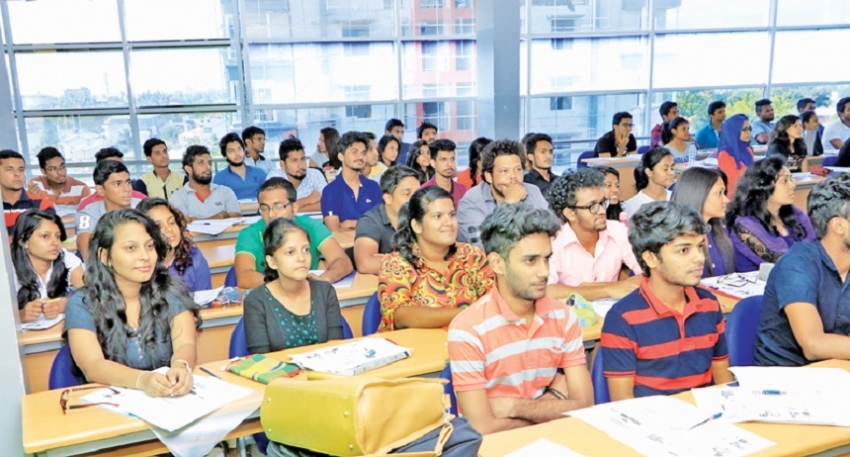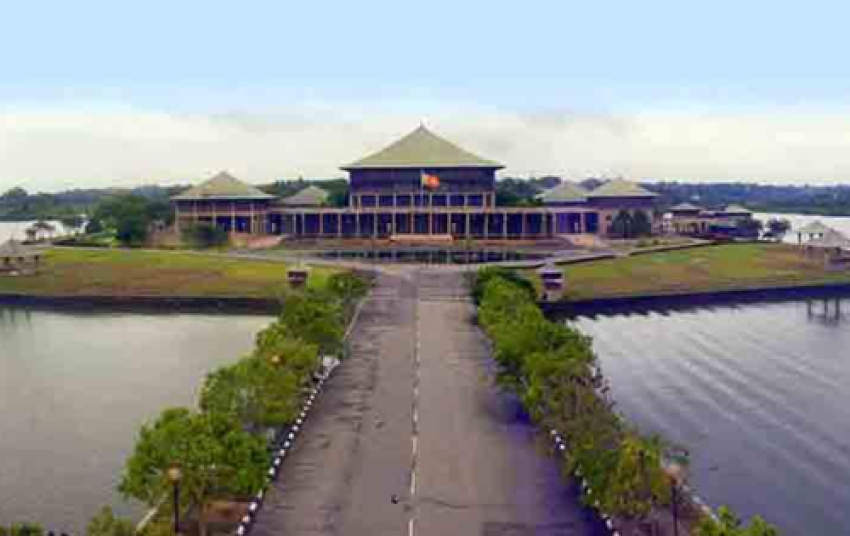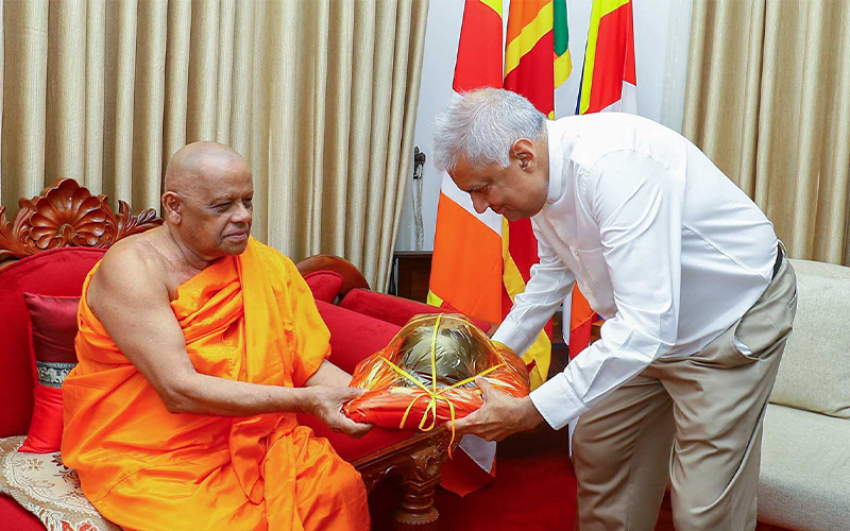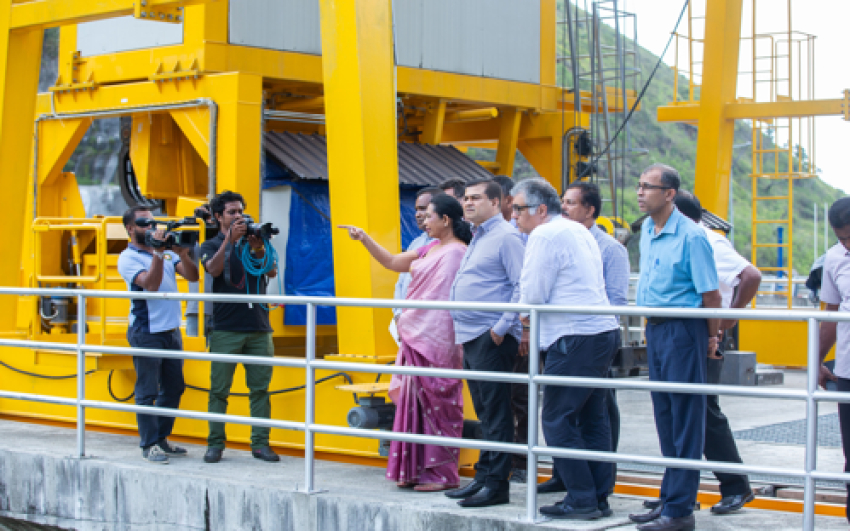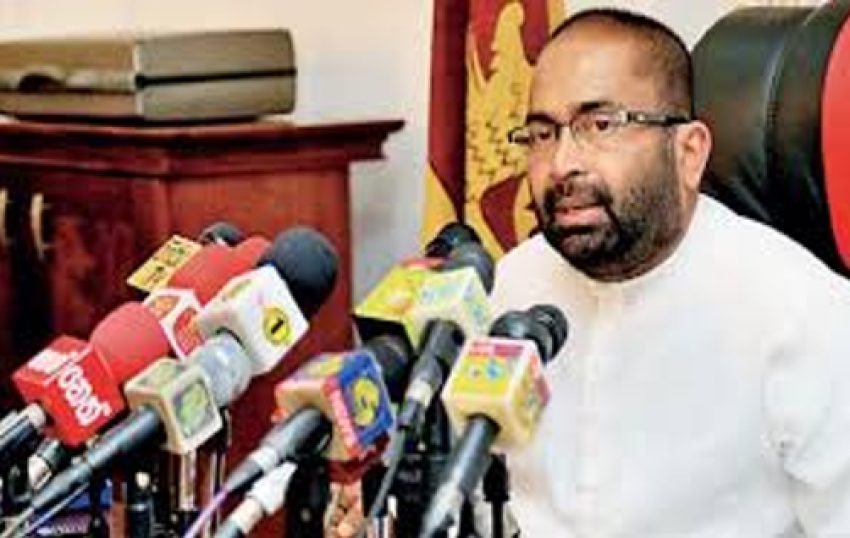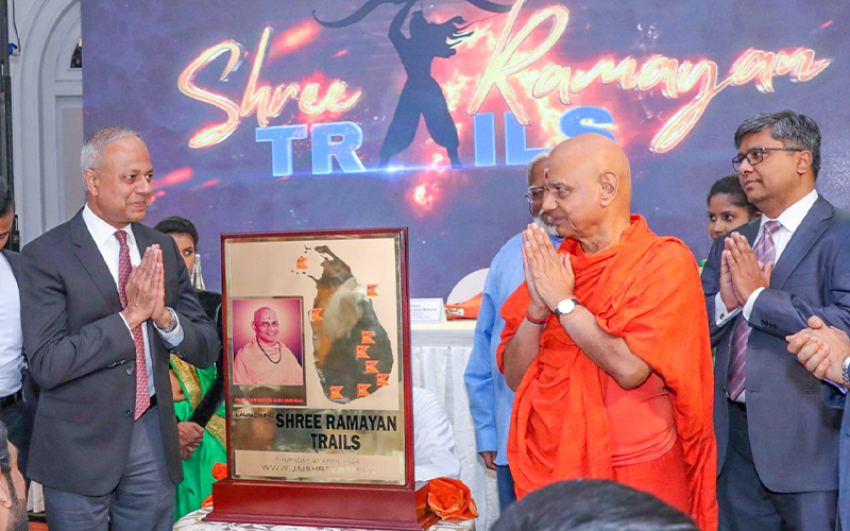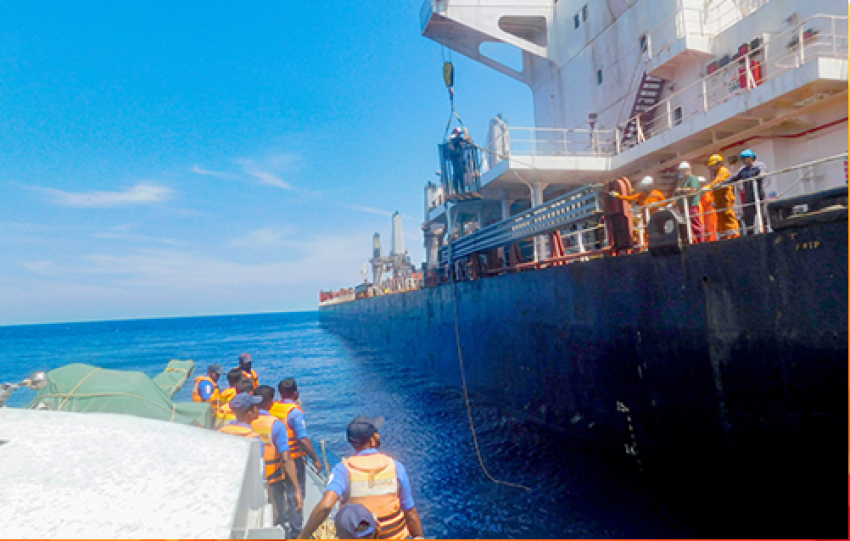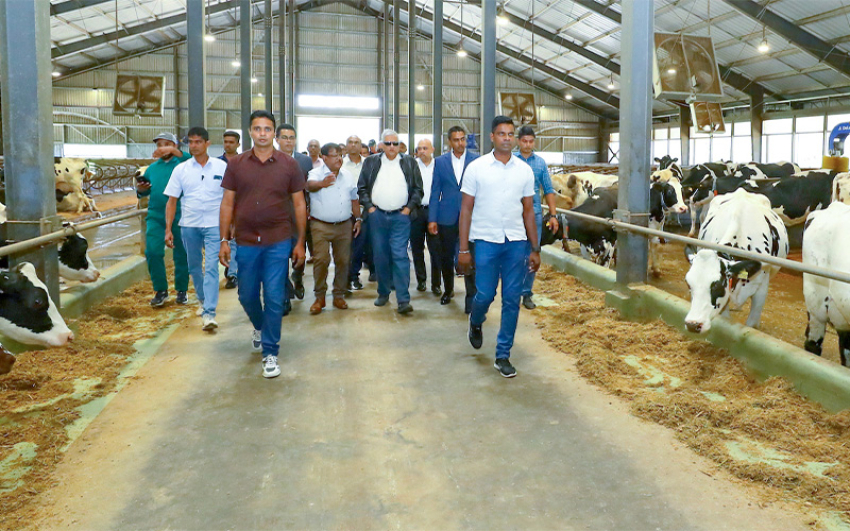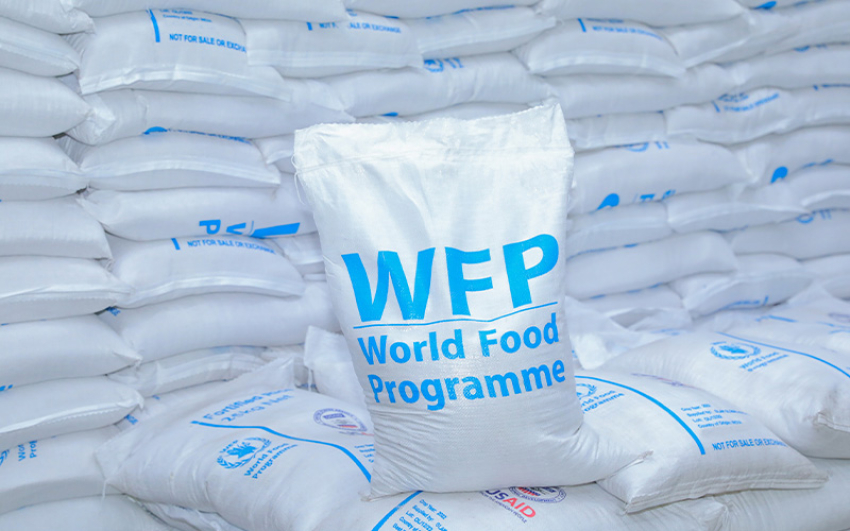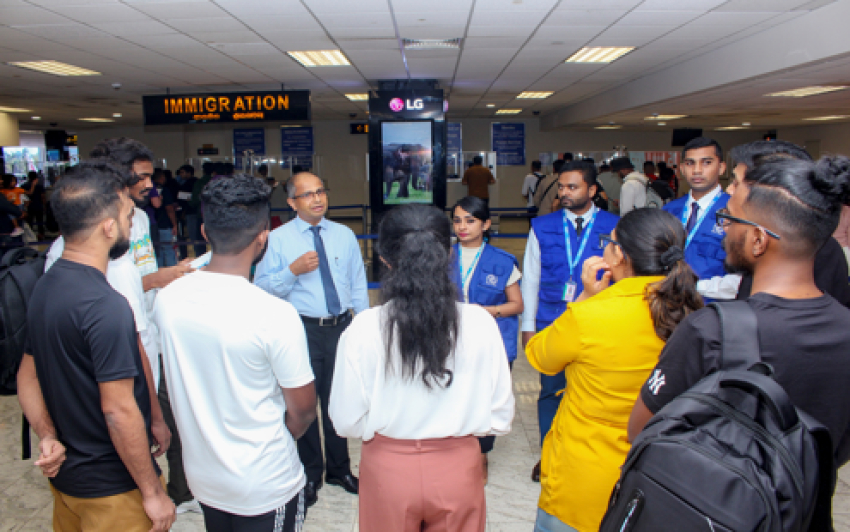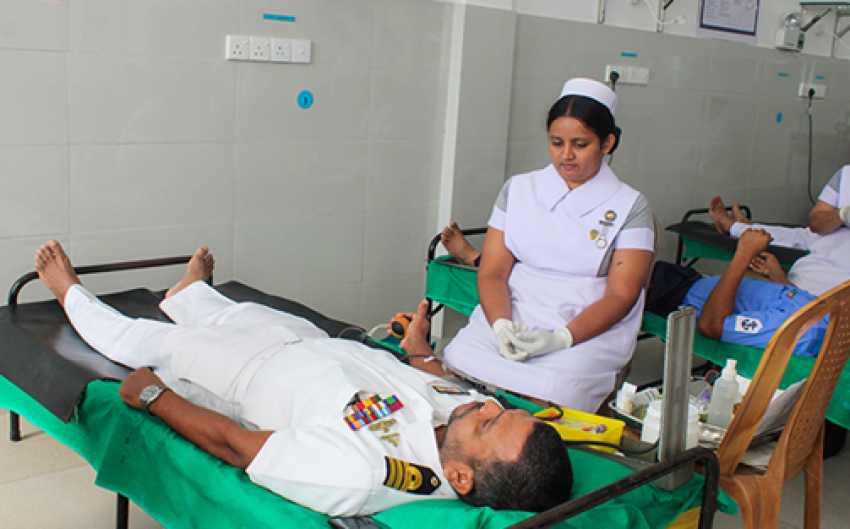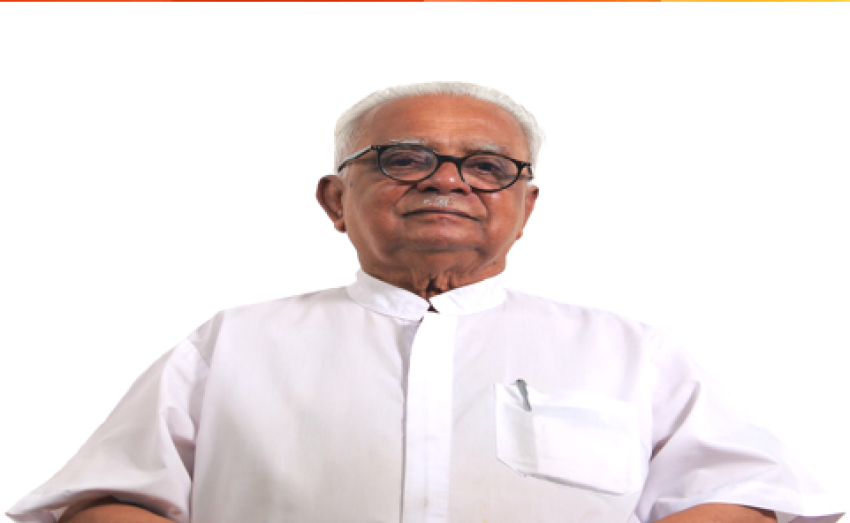It is always fascinating to attend a graduate research conference and interact with young and promising students. This not only because graduate conferences often make me nostalgic of my own university days but also because the hope, inspiration and enthusiasm I see in the face of students are critical to social change and the future of our societies.
When we talk future of our societies, we cannot forget the past and ignore the present. Where we are today is a consequence of what our forefathers went through in the past. Many great changes and transformations have occurred with the humanity in last several thousand years. For sure, human civilisations drastically changed when human beings developed characters and letters some 6000 years ago, leading to the advancement of languages. It made human interactions and exchange of ideas possible.
Invention of papers some 2000 years ago further accelerated human interactions and communications but in written form. Perhaps that was the beginning of documentation of knowledge in a written form. The invention of the printing press about 600 years ago revolutionised the world in terms of production, documentations and circulation of knowledge. Somewhere in-between came the invention of electricity and automation which further advanced human civilisations. Today, we are in the age of internet and digital technology which typically impacts on the way new knowledge is produced and circulated.
What is also remarkable is that as a result of the advent of internet, learning process is being de-institutionalised. This means people now can learn new things without necessarily attending the traditional sites of knowledge production, such as schools and universities. Circulation of knowledge has been unregulated and de-territorialised. Whether it is about a health issue and medicine or learning about new industrial products, or be it about booking a flight or making new friends, information is readily available on people’s finger tips.
Digital domination
All these inventions and innovations look fascinating; they have revolutionised our knowledge-based society. But in my view, many are not perhaps aware that it also comes with an enormous social cost. When the social cost of the digital domination is concerned, one might immediately think about mental health issues and societal breakdowns arising from people’s addiction to social media. Others might perhaps think about cybercrime and still others would think about threat to national security. But today, I would like to share my thoughts about how the digital world, increasingly reliant on internet technology and complemented by exploding of social media usage, has already taken us to a new world, a ‘post-truth world’.
Yes, today we live in different and highly turbulent world, characterised by post-truth discourse. How does the post-truth discourse look like? Let me explain.
One may hardly disagree that truth and knowledge are fundamental foundations of society, our civilisations so far and of course our everyday life. When modern state system was invented many years ago, it was driven by a search for truth and knowledge about human life, the idea that we should be governed by able leaders, who are inspired and aided by knowledgeable people called the bureaucrats. Even our ancestors in the ancient times lived in a knowledge-based society where kings were supported by wise men. Then there was institutionalisation of knowledge through setting up schools and universities, the esteem centres where knowledge is produced and re-produced and facts are checked and re-checked for public consumption.
This is all changing slowly in the post-truth discourse. In a post-truth discourse, expert views and evidence-based knowledge are dismissed, ignored and sidelined. Expertise on any social, economic and political matter is no more respected and valued. Instead, our social life, everyday social and political interactions, communication, and even political behaviours are influenced by fake news, strategic narratives, rumours, propagandas, lies and targeted false information. Alternative knowledge and counter-narratives have often no place in a society in the post-truth discourse. Societies simply tend to accept and operate with the kind of knowledge which is fake, unsubstantiated and false. In a nutshell, knowledge and truth in a post-truth world are distorted, hegemonic, and are monopolised by few powerful people who have access to certain modern technologies. I call is knowledge-less knowledge and truth-less truth. This is the face of the post-truth world. The face is ugly and violent as I will elaborate later.
But let me first ask a question, how did the post-truth world emerge in the first place? The answer is it would be almost impossible without the invention of internet which spread rapidly all around the world in a very short span of time. We have more than 70 years of the history of poverty eradication; however, according to the World Bank report, about 10 % of the world population lives under US 1.9 a day. By contrast, since the computer scientist Tim Berners-Lee invented the World Wide Web (www) in 1990, more than half of the world’s population already has an access to the internet. In 2019, for instance, 4.3 billion people had an access to the internet and 52 % of Asia’s population has an access to internet in the same year. A total of 3.4 billion people are users of social media.
The point I want to make here is that despite internet’s noble contribution to economic development and innovations, unfortunately it is also the primary source of the post-truth discourse. My intention here is not to discredit the great benefits and advantages of the internet we have had, but I am principally concerned with the moral and ethical questions that come with the use of internet and social media in today’s world. In fact, the post-truth discourse is an unintended outcome of the rise of internet and digital world and it is now high time we must be aware of it and think what we can do as a community of researchers. But before talking about what we can done, I just want to give few examples of who is benefiting in the post-truth discourse and how.
The post-truth discourse does not spare anyone: some participate in it as a producer of fake knowledge while others are consumers of the fake knowledge. Some others simply function as an intermediary, one who involves, often voluntarily, in transmission of fake knowledge, rumours, propaganda and lies. As such, everyone is affected by the post-truth discourse, but ironically not all benefit in the same way. Only handful of political elites, business elites and social and religious leaders benefit by producing and transmitting unfounded knowledge and truth through internet and social media. Donald Trump benefitted the most from the propaganda, rumours and fake news in the presidential election in the US. In Myanmar, military leaders and ultra-Buddhist nationalists benefitted the most from the rumours between 2016 and 2017, that led to heavy prosecution of the Rohingya Muslims. The list may go on and on, but the key point to note is that the benefits of the post-truth discourse come with massive social, political and economic impacts.
Violent extremists
In terms of the social impact, a remarkable example is how extremism including violent extremism has become prevalent in the post-truth discourse. Violent extremists use online platform and social media to propagate rumours, fake news and inappropriate facts with cynical intention to radicalise people into violent extremism and terrorism. With the rise of internet, social media and modern communication system, the traditional centralised structure of terrorism has now become de-centralised and is found all over the world. In a similar vein, anyone who has good knowledge of using the social media can use fake news and rumours to bring people on the street.
The Arab Spring is an example of how internet and social media have altered the conventional methods of social and political mobilisation and how modern revolutions are facilitated by the virtual rather than physical domains.
In other words, the post-truth discourse is radically changing modes and styles of social and political mobilisations. One should also note that when propagandas and rumours dominate our everyday life, our healthy social interactions break down and social and religious groups begin to function in social isolations. Today, isolation of social groups is a major threat to peace and social cohesion in our societies.
If there is any domain which has been affected heavily by the post-truth discourse, it is politics. Fake news, rumours, lies and propagandas have altered political outcomes all around the world. The rise of populism and right-wing extremism even in mature democracies in the West is strongly associated with the post-truth discourse. In developing countries where democratic consolidation is pending, such as Bangladesh, Cambodia, Thailand, among others, the post-truth discourse is culminated into a ‘competitive authoritarianism’. It is a form of politics in which political elites undermine election freedom and use election to squash political opposition so that powerful elites emerge as an authoritarian ruler. In the past, authoritarian regimes would emerge through military coups and political assassinations, but in the post-truth world, they emerge through elections.
The impact on the economic front is rather onerous. It does not spare anyone. The startling basic fact of the economics across the countries is that we know nothing about it. Unlike in the traditional agrarian economics, goods in the modern capitalist economies are created in one part of the world, marketed by others from the other parts of the world and consumed by the rest from around the world. This is globalisation. But the process of globalisation is rather complex and it is often hard to track who benefits from the globalised economic transactions; no one knows who are the winners and who are the losers. We do not know how or whether the profits are redistributed and if so who is distributing and who are benefiting. This complexity also applies to private companies at the national scale.
What is most worrying in this whole saga is that private companies which dictate the global economy and thereby our everyday life, appoint their heads through non-transparent, undemocratic process. And we do not talk about democracy in the private spheres. More importantly, private companies are mightier than governments in economic terms. For instance, in 2018, Sri Lanka’s GDP was 88.9 billion whereas in the same year Google earned a revenue of 136 billion. If money brings power, these figures are indicative of how power is distributed is today’s globalised world.
However, ironically, neither our governments nor we question democratic leadership in the private companies which impact on our everyday life. This is one of few areas where democracy is going wrong. And these realities are hardly circulated in social media and news which is effectively controlled not by governments but by the private companies. A precarious effect is that the world is more unequal today than in the past. In 2018, according to Forbes, just top 10 rich people in the world have a net worth of 743.8 billion. In 2019, the world’s richest 1 %, those with more than $1 million, own 45 % of the world’s wealth. As the Oxfam report revealed, in 2018, 26 richest people owned the same as 3.8 billion people who make up the poorest half of the humanity. This global character of extreme inequities also replicates nationally and locally. Poverty in the world today, I argue, is man-made, a direct consequence of growing inequalities within and between societies. It is not poverty that fails us, it is inequality that makes poverty and ultimately fails us and our political leaders.
The essence of the figures I presented is that the problem is global but we are trying to find solution locally. When development is failing and inequality is growing, the political class is in fear of losing control over the people. As a result, increasingly worrying political class relies on fake news, rumours and propagandas in order to stoke political loyalty and remain in power. This is the reality of politics and economy in the post-truth world.
Social interactions
Now let me return to the question of what can be done by us as a community of researches, academics and students to mitigate the impacts of the post-truth discourse on our daily life and most importantly on our social interactions. This is perhaps a big question and I admit my limitation to find a complete answer to it. Nonetheless, I dare to highlight few points where we can make some positive effects, albeit in a pretty modest way.
First and foremost, we need to change our habit. We should stop readily consuming any news or even fake news, rumours and propagandas when it appears in the digital domain and social media. As a member of an academic community, it is our social and moral responsibility to assess and interrogate the news and information to ascertain its reliability and viability. In universities, we are better resourced to check and verify the information circulating freely.
My second point relates to the first one. In our academic institutions, we may need to start enhancing and strengthening a research culture – a culture in which we build arguments, counter-arguments and narratives and counter-narratives based on facts and evidences. This may sometimes require to transcend one’s ideological boundary; nonetheless, the beauty of being in academia is that ‘we agree to disagree’ in peaceful and constructive way.
Finally, I have great trust and faith in university students and graduates. It is our natural expectation that when our students graduate, one thing they will take along is the skill of critical thinking. That is the art of looking at ideas, facts and arguments from multiple angles and viewpoints. Whether in work places, families and communities, it is your responsibility to question rumours, propagandas and destructive narratives and instead offer alternative perspectives. I will caution you, you will be uncritical if you see an issue from a parochial lens of race, ethnicity, religion, caste and nationalism. But if you look at any issue from a global humanistic perspective and the perspective of social change, it is possible to find alternative ideas and facts. If we do not overcome parochialism, we may be used and misused by powerful people in the post-truth discourse.
I believe the research skill and critical thinking that our students learn in the university are a powerful weapon to fight destructive elements of the post-truth discourse. More importantly, I would think, it is high time that we be careful, self-responsible and think about our moral and ethical responsibility when using internet and social media through which the post-truth discourse is creeping into our world. Using knowledge in ethical ways would be a small but powerful first step to counter the discourse in the post-truth world.

